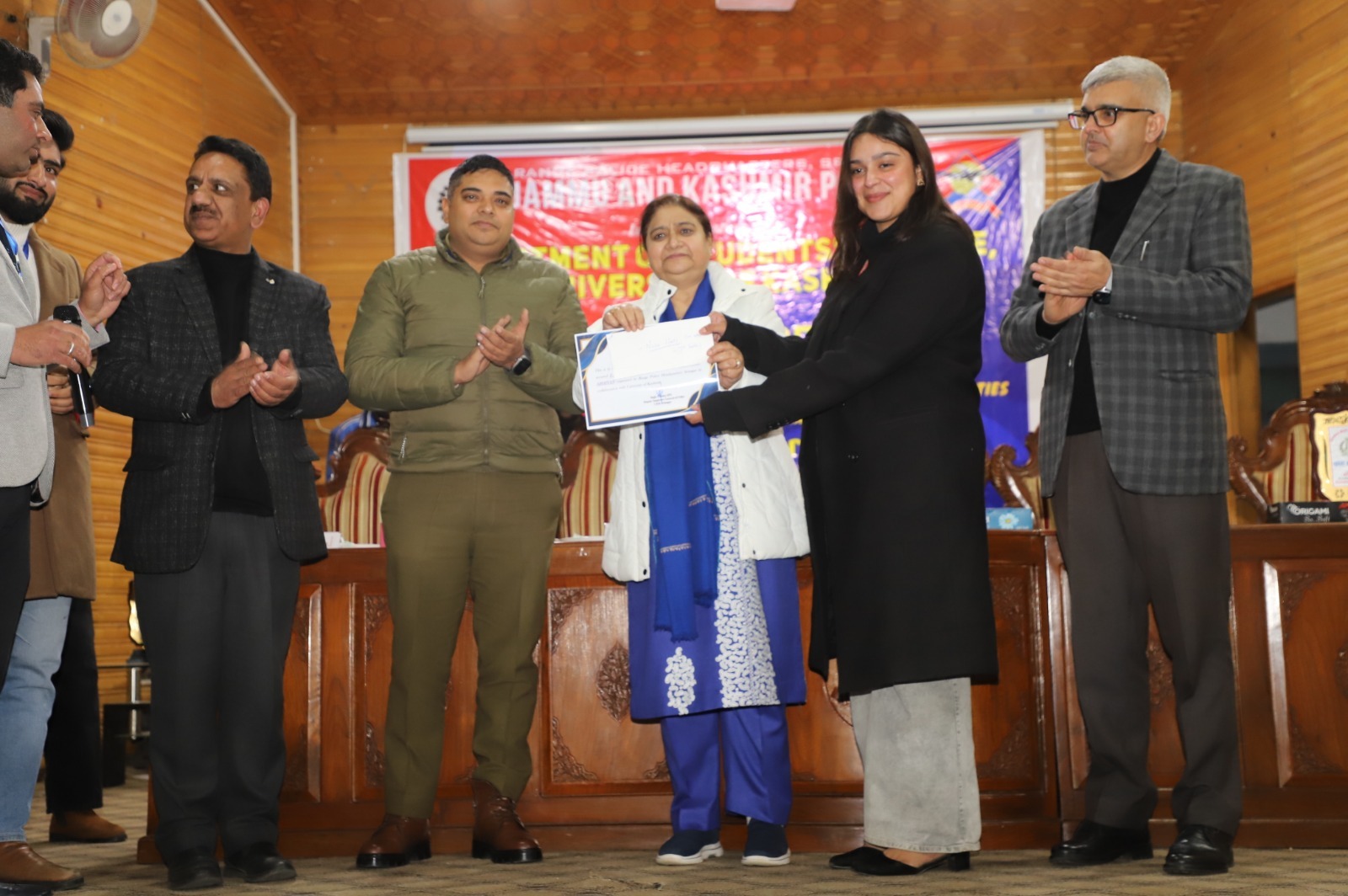Gulmarg, February 27: Baramulla district in North Kashmir has witnessed a notable decline in drug-related incidents and suicides this year compared to the previous year, according to a senior police official.
Senior Superintendent of Police (SSP) Baramulla, Gurinderpal Singh, shared these insights during a skiing event organized by the Range Police Headquarters under the Civic Action Program at the popular winter destination, Gulmarg. He revealed that the district has seen a significant drop in drug-related cases and suicide rates this year, attributing the improvement to stringent measures taken against drug peddlers and suppliers.
“Last year, we arrested numerous individuals involved in drug trafficking and took strict action against them. These efforts have contributed to a better situation this year,” SSP Singh stated. He emphasized that drug addicts should be viewed as victims rather than offenders and assured that the Jammu and Kashmir Police, in collaboration with the district administration, is dedicated to their rehabilitation.
“We have established drug de-addiction centers and support systems to help those struggling with addiction. There are solutions available, and we urge the youth and others affected by drugs to come forward and seek assistance,” he added.
SSP Singh also addressed the broader issue of youth development, stressing the importance of creating opportunities for young people to unlock their potential. He highlighted various government initiatives aimed at empowering the youth through skill development, education, and entrepreneurship. However, he pointed out a critical challenge: the lack of awareness about these programs among the very people they are designed to benefit.
“Many talented individuals remain unaware of the opportunities available to them due to an information gap. This gap is often caused by insufficient outreach, bureaucratic hurdles, or ineffective communication,” he explained.
To address this issue, SSP Singh urged young people to take the initiative in exploring the resources available to them. He encouraged them to connect with local authorities, educational institutions, and community organizations to learn about skill development programs, scholarships, internships, and vocational training opportunities.
He also called on educational institutions and community leaders to play a more active role in bridging this gap. “Schools and colleges can organize workshops, awareness sessions, and informational fairs to inform students about the various initiatives designed to help them succeed. It is crucial to create an environment where young people feel supported and motivated to pursue their goals,” he said.
SSP Singh’s message was clear: while the fight against drugs has seen progress, the focus must now shift to empowering the youth and ensuring they have access to the tools and information needed to build a brighter future.








